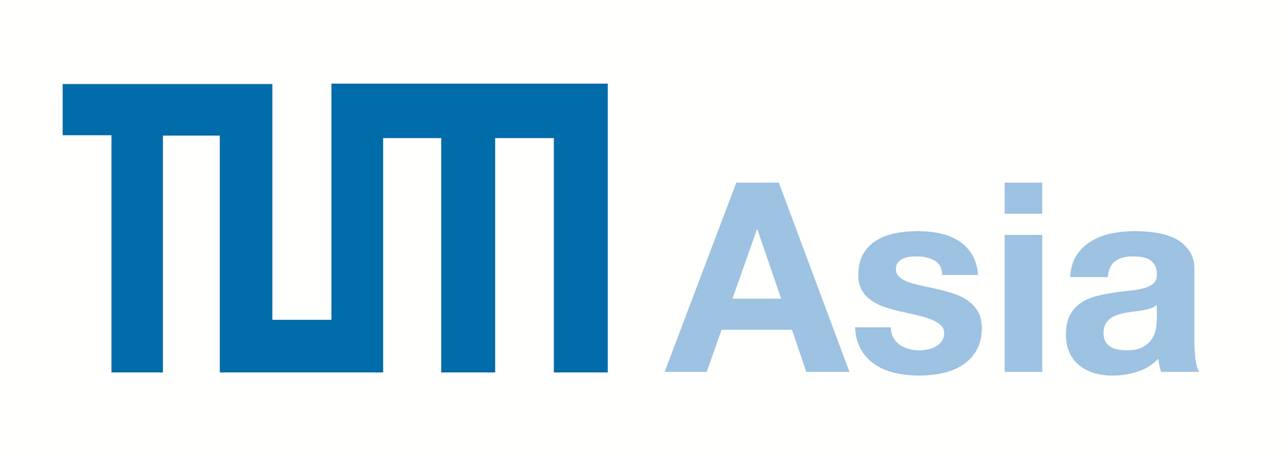Emerging Memory Technologies – Micro Electronics





Emerging Memory Technologies – Micro Electronics
Emerging Memory Technologies – Micro Electronics
Emerging Memory Technologies – Micro Electronics
Stefan Müller completed his Master of Science degree in Microelectronics in 2011 and is now the CEO of the Ferroelectric Memory Company (FMC), an enterprise that commercializes technology for disruptive non-volatile memory solutions for microcontrollers. The DIGEST team speaks with him to hear about his entrepreneurial journey.
Hi Stefan, can you give our readers an introduction of yourself and share with us what you’ve been up to?
Stefan: I graduated from the TUM Asia Class of 2011 with a joint TUM-NTU Master’s degree in Microelectronics. In 2015, I received my PhD degree from Dresden University of Technology, where I focused my work on HfO2-based ferroelectric devices. I then became a project leader at TU Dresden with the aim to spin-off a research discovery into a startup. Since 2016, I am CEO of the Ferroelectric Memory Company (FMC).
How did you end up pursuing a joint degree from TUM and NTU?
Stefan: During my undergraduate studies, I became very interested in semiconductor physics and electronics. I moved to Munich to pursue my graduate studies TUM in this field. When I learnt that TUM was also offering a dual degree programme in Microelectronics at the German Institute of Science and Technology (now known as TUM Asia), I decided to go for it. At that time, I was looking for an opportunity to spend some time abroad and this programme at TUM Asia was the perfect fit.
You have been in Singapore for a period of time for your Master’s Studies. Did Singapore leave an impact on you in any way ever since you completed your studies?
Stefan: Coming to Singapore was a great entry point into the Asian culture. The time abroad was a great experience and I would recommend to any student to do something similar during their undergraduate or graduate studies.
What led you to Ferroelectric Memory Company (FMC)? Can you share with us your journey in a start-up?
Stefan: At TUM Asia, I was able to learn a lot about complementary metal oxide semiconductor (CMOS) scaling and what drives semiconductor industry from a manufacturing perspective. When I learnt about the memory material discovery made in Dresden, which was closely linked to CMOS high volume manufacturing, it sparked my interest in the new emerging memory technology. This made me decide to go for a PhD in this field. During my PhD, I discovered that the new memory technology indeed carried a great potential to be applied in semiconductor industry. This led to the formation of FMC, which now tries to bring this new technology into production with some of the world’s largest semiconductor companies.
“(THE MEMORY TECHNOLOGY) OFFERS UP TO 1000X IMPROVEMENTS IN WRITE SPEED AND ENERGY CONSUMPTION AND THEREFORE COULD SERVE AS A TRUE ENABLER FOR MARKETING TRENDS LIKE INTERNET-OF-THINGS OR ARTIFICIAL INTELLIGENCE.”
What is Memory Technology and how does it help to tackle industry problems such as disruptive changes?
Stefan: The memory technology commercialized by FMC allows for a significant cost reduction for semiconductor fabrication plants. Moreover, it offers up to 1000x improvements in write speed and energy consumption and therefore could serve as a true enabler for market trends like internet-of-things or artificial intelligence. In the long run, the technology has the potential to disrupt today’s memory landscape as a whole.
In your journey to founding your own company, is there any interesting encounters that you would like to share with us?
Stefan: During the formation of FMC, I had to first gather a team of technical experts with different backgrounds, including talented engineers with integrated circuit design and characterization background. After having formed the team, the next challenge was to get financing for the company. We successfully received a round of seed financing in September 2017 from High-Tech Gründerfonds, one of the largest investors in Germany. This enabled us to generate our first revenues which then triggered a larger Series A investment by both HTGF and our new investor eCAPITAL, a very well-known German venture capital firm. We are now on the path to grow our team to 15 people and also extend our customer base. Stay tuned and follow our progress!
What is an advice you would give to our students and alumni who are aspiring entrepreneurs?
Stefan: There are certainly challenges to overcome as an entrepreneur, but the breadth of different tasks you are exposed to as a founder is quite extraordinary and it will serve as an unique experience for you personally. Hence, I would say, go for it and most importantly, show perseverance!
–
Stefan Müller was from the NTU-TUM Master of Science in Microelectronics programme, which has been revamped in the NTU-TUM Master of Science in Green Electronics programme in 2015. More information about the programme here >>
This interview was published in the DIGEST Sept – Dec 2018 issue >>



























